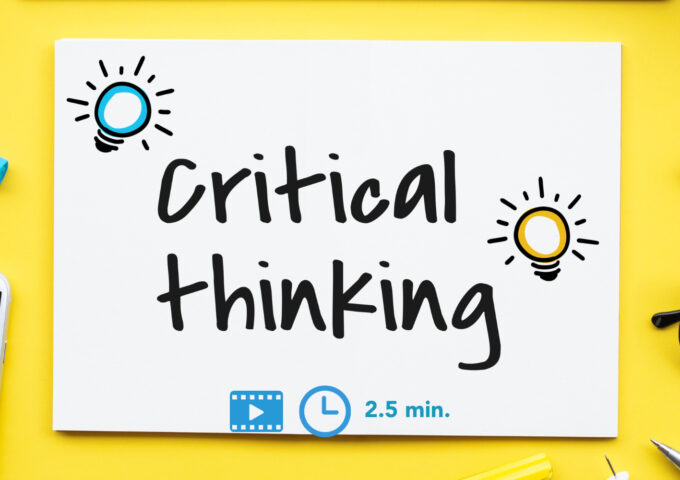
WATCH: Can You Control Your Empathic Response?
Today, I’d like to talk about ‘Understanding Empathy’. Because it’s a really critical part of success in today’s complex environment. Both at work and in our personal lives. And, it’s really interesting that even Darwin said, “It’s an evolutionary process that has helped humans to become even more effective”. Because the human that actually had more empathy within the group. And, more empathy for their young, we’re able to nurture and help them to grow strong and be more successful as a group. And therefore, have more offspring. So, also in the workplace, it’s really important to understand how these different levels of empathy can affect or can help us be effective or not in the workplace.
“Affective Arousal”
The first level is ‘Effective Arousal’, that’s where we feel intensely the feelings of others. And, they can just be a huge charge of emotions within our own system. So, if they’re upset, we can be upset. Or if they’re very happy, we can be happy. But we need to be aware that we’re not really doing anything with that emotion.
“Empathic Concern”
We’re just feeling it very intensely. And the next level is ‘Empathic Concern’. So, this if we have a colleague or if we’re a parent when we have a child that’s in distress. We can feel that intensity of feelings and have a concern about wanting to be and motivated to do something to help that other person. And that can at times actually help us. It’s almost like if you’re sitting that person is in a pit and then empathic concerns where you jump into the pit with them and go, “Yeah, this is really bad”.
“Empathic Understanding”
We’re actually it can be more useful to have ‘Empathic Understanding’. Which is all about being able to say, “Okay, I see you’re in a pit, that’s not very good. What do we need to do to help you get out of there?” Rather than jumping into the pit with them. And, it’s also, worth noting that, the more compassion we have, the more understanding we have of others. Rather than just concern. The more we’re effective and able to use our Prefrontal Cortex in order to come up with solutions. Because we’re not overwhelmed by our emotions. And one other thing that’s worth noting is that, with regards to empathy, it’s difficult to have empathy with ourselves.
Because our brain just never evolved to that degree. So, what we need to do, in order to be more compassionate with ourselves is imagine that if we’ve done something that’s upsetting is to say “Well, what would you say to yourself as if they were your best friend”. What would you say, “David, I can really understand you messed up there and I can understand why you did that”. By having that second person concern and understanding. It actually removes a lot of our own personal stress.
So, when it comes to your Understanding Empathy,
Stay Curious!
I would be interested to hear your thoughts and opinions about any of the above so drop me a line at david@Talent4Performance.co.uk.
Or to learn more about our Live-facilitated Online interactive experiences visit our New Webpage.
Remember . . . Stay Curious!
With best regards,
David Klaasen
Need help motivating your leaders? Get in contact with Talent4Performance.
Schedule a FREE 30-minute CONSULTATION with David Klaasen
Talent4Performance help business leaders clarify complexity. We inspire people and drive continuous performance improvement, so they can convert thinking into action and results.
©David Klaasen – 2014



